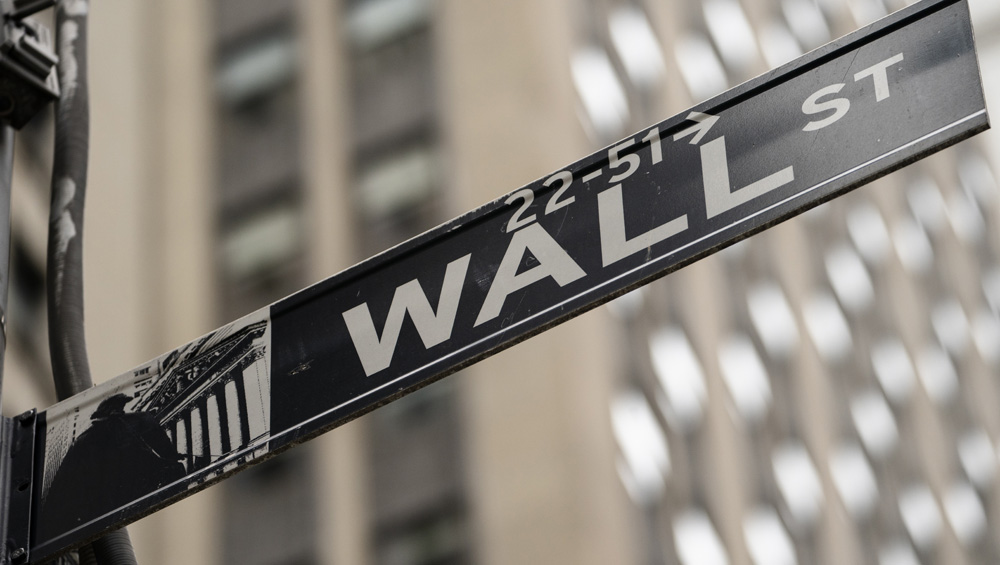Stocks fell in afternoon trading on Wall Street Monday, as investors remain unnerved by the Federal Reserve’s pledge to keep interest rates high as long as it takes to tame inflation.
The S&P 500 fell 0.3% as of 2:27 p.m. Eastern. The benchmark index fell 3.4% Friday, its biggest single-day drop since mid-June.
The Dow Jones Industrial Average fell 70 points, or 0.2% to 32,212, following Friday’s 1,008 point decline. The Nasdaq fell 0.6%.
Technology stocks were among the biggest weights on the market. Apple slipped 1.1%.
Health care stocks also fell sharply. Drug delivery technology company Catalent slumped 7% after giving investors a disappointing revenue forecast.
Inflation, its impact on the economy and the Fed’s battle plan remain Wall Street’s main focus. Last week, Fed chief Jerome Powell indicated the central bank will raise rates into next year and keep them elevated as it tries to quell demand and bring down prices for goods and services.
The Fed’s last two hikes have been by 0.75 points, and Wall Street is expecting a third such increase in September, according to CME Group. Some investors had hoped that the Fed would ease up on rate hikes into next year if inflation subsides. That sentiment led to a rally for stocks in July and early August. All three major indexes are now lower this month.
Energy stocks made gains as U.S. crude oil prices rose 4.4%. Exxon Mobil rose 3.2%.
The yield on the 10-year Treasury, which follows expectations for longer-term economic growth and inflation, rose to 3.11% from 3.03% late Friday. The yield on the two-year Treasury, which tends to track expectations for Fed action, rose to 3.42% from 3.38%.
Investors have been closely watching economic reports to get a better sense of how much the economy is slowing and whether inflation is starting to cool from the hottest levels in four decades.
The Fed’s preferred gauge of inflation decelerated last month, while other data shows consumer spending slowed. Wall Street will get several more updates on the economy this week.
The Conference Board will release its latest reading on consumer confidence on Tuesday.
The government will release its closely watched monthly jobs report on Friday. The employment market has remained resilient amid a broader slowdown for the economy. That has helped temper worries that the U.S. is facing a potential recession.
European markets were also lower and Asian markets closed lower overnight. Chinese economic data showing a drop in industrial profits indicated that a strong recovery there will take time, amid fresh COVID-19 restrictions.

























Comments (0)